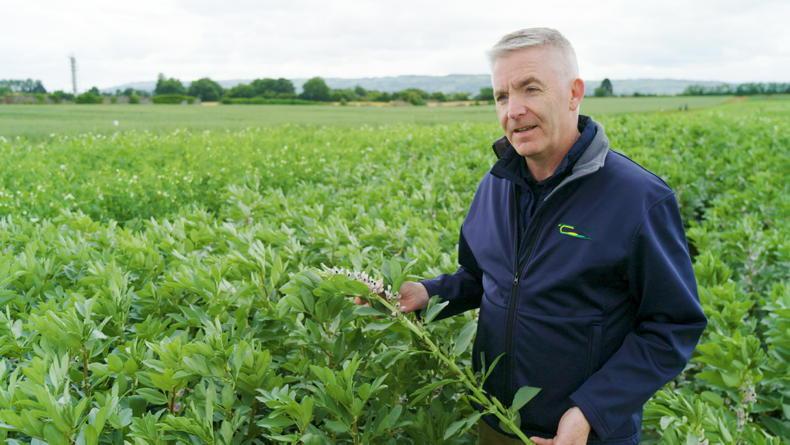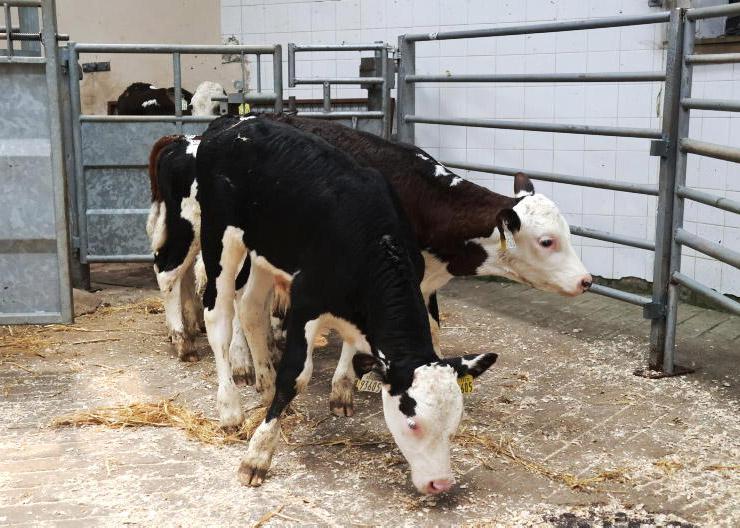The UK government introduced the genetic technology act on Thursday 23 March.
According to the UK Parliament’s website, the bill will “introduce simpler regulatory measures to enable these products to be authorised and brought to market more easily”.
The act will only apply in England and a press release on www.gov.uk describes it as a key tool for UK food security, which will reduce pesticide use and enhance climate-resilience in crops.
The website states: “The act will set in motion changes to allow farmers to grow crops which are drought and disease resistant, reduce use of fertilisers and pesticides, and help breed animals that are protected from catching harmful diseases.
Precision breeding
“Precision breeding involves using technologies such as gene editing to adapt the genetic code of organisms – creating beneficial traits in plants that through traditional, breeding would take decades to achieve. This enables scientists to safely create foods that are more flexible, adaptable and plentiful for years to come.”
The act will see a science-based regulatory system put in place, which will allow for greater research and innovation in precision breeding.
Stricter regulations will remain in place for genetically modified organisms.
Food minister Mark Spencer stated: “The genetic technology act is fantastic news for British consumers and farmers.
"Precision breeding technologies are the future of food production not just at home, but around the world, and this act will put our nation at the forefront of this revolution.”
In 2018, the European Court of Justice placed gene editing and genetic modification in the same categories. The European Commission is currently reviewing the rules surrounding gene editing in the EU.









SHARING OPTIONS